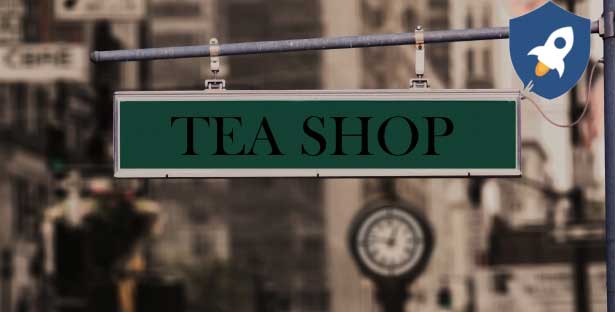In the last couple of posts, I had discussed the technical site of implementing Stellar blockchain in Python. Those posts stirred interest among many and I got emails about the implementation of it on existing web applications, especially e-commerce websites. Since the actual purpose got buried in lathe st two posts between the lines of code. So today, I am making an attempt to explain in a language that business people, the site owners or managers could understand. Keep reading! I will be discussing a fictitious website that sells tea online, say allthingstea.com. They have a variety of tea products which are loved by thousands of customers. They have different…
-
-
How to create a custom token on Stellar network in Python
A few months back I made a post about Stellar that how you can use it in your Python applications. In this post, I am going to discuss that how you can create your own custom token, a.k.a, a coin programmatically in Python. Before I get into the code, I’d like to discuss what are tokens and their background, how they are different from Alt-coins and some Stellar network concepts. This post is lengthy so read it when you have ample time to read. What are Tokens? The term token is not new and many of us would have experienced the application of it one way or other. Tokens are…
-
Develop your first python app integrated with decentralized Stellar network
In this post I am going to discuss how to create a decentralized blockchain app aka dApp for Stellar Network. I will build a very simple web app, world’s simplest Ecommerce app, called it RocketCommerce where people can buy a single item by paying Lumens(XLM), stellar’s currency. The interface of the app looks like below: Before we get into the development of the application itself, allow me to discuss some background of Blockchain, decentralized apps and Stellar Network itself. What is Blockchain? From Wikipedia: A blockchain, originally block chain is a continuously growing list of records, called blocks, which are linked and secured using cryptography.[1][6] Each block typically contains a cryptographic hash of the previous block,[6] a timestamp and transaction data.[7] By design, a…
